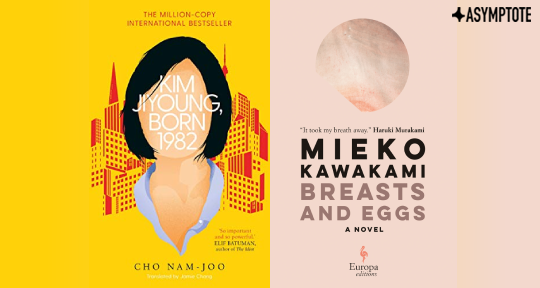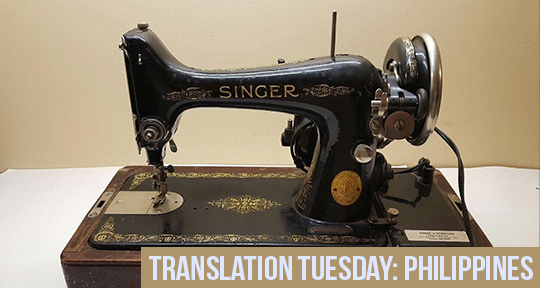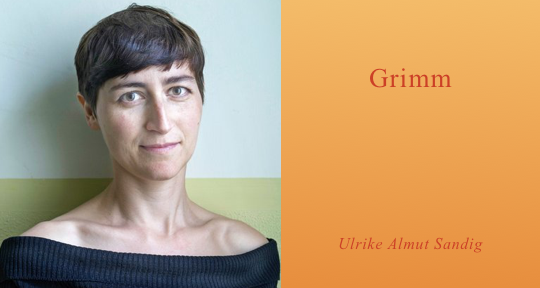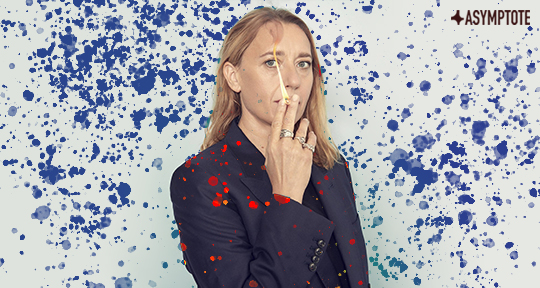Two East Asian authors, whose debut English-language translations were published this year, have been hailed for their bestselling feminist works: South Korean author Cho Nam-Joo, whose novel Kim Jiyoung, Born 1982 tells the story of a woman that gives up her career to become a stay-at-home-mother; and Japanese writer Mieko Kawakami, whose novella Breasts and Eggs recounts the lives of three women as they all confront oppressive mores in a patriarchal environment. Both works give voice to female protagonists and explore female identity in their respective societies. In this essay, Asymptote Editor-at-Large Darren Huang considers how both of these texts offer explicit critiques of male-dominated societies and argues that these authors are ultimately concerned with the development of female selfhood.
In Han Kang’s acclaimed 2007 South Korean novel, The Vegetarian, translated into English by Deborah Smith, Yeong-hye, a housewife who is described as completely unremarkable by her husband, refuses to eat meat after suffering recurring dreams of animal slaughter. Her abstention leads to erratic and disturbing behavior, including slitting her wrist after her father-in-law force-feeds her a piece of meat, and a severe physical and mental decline. She becomes more plant-like (refusing all nourishment except water and sunlight,) turns mute and immobile, and is eventually discovered soaking in the rain among trees in a nearby forest. Increasingly alienated from her family and society, she is committed to a remote mental hospital and supported only by her sister. Kang’s disturbing parable is characteristic of a number of South Korean feminist novels for its portrayal of a woman suffering from a form of psychosis that is incomprehensible to others, as well as its pitting of a protagonist against the oppressive mores of a rigid, patriarchal society.
Kang has disputed the characterization of her novel as a direct indictment of South Korean patriarchy and has preferred to focus on its themes of representing mental illness and the corruption of innocence. But two recent East Asian debut novels—Kim Jiyoung, Born 1982 by South Korean screenwriter-turned-novelist Cho Nam-Joo, translated by Jamie Chang, and Breasts and Eggs by the Japanese songwriter-turned-novelist Mieko Kawakami and adeptly translated into English by Sam Bett and Asymptote Editor-at-Large David Boyd—employ similarly oppressed middle-aged, female protagonists to form more explicit critiques of male-dominated, conformist societies. One of the defining qualities of both novels is that their protagonists attempt self-actualization by liberating themselves from traditional gender roles. These novels, which can both be characterized as bildungsroman, are ultimately concerned with a woman’s development of selfhood in opposition to societal conventions about motherhood and middle age. Both protagonists ask with yearning and desperation, what sort of woman can I be? READ MORE…







